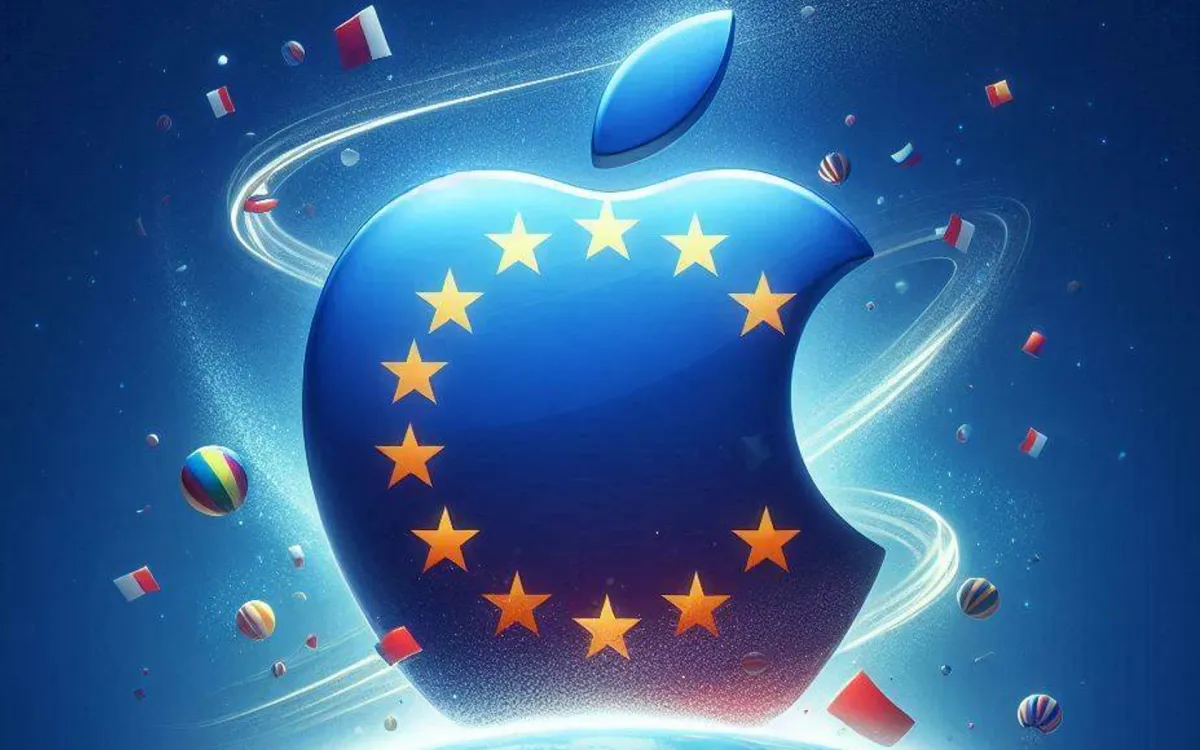
Apple last week announced significant changes to its App Store policies for developers operating in the European Union (EU). These modifications, set to take effect in the fall of 2024, come as a response to the European Commission's announcement in June and aim to provide developers with greater flexibility in promoting and facilitating purchases outside of the App Store ecosystem.
The updates focus on the StoreKit External Purchase Link Entitlement, a feature that allows developers to include links within their apps directing users to external purchasing options. This move represents a substantial shift in Apple's traditionally restrictive approach to in-app purchases and external payment systems.
According to the announcement, developers will now have the ability to communicate and promote offers for purchases available through alternative channels. These channels may include other app marketplaces, separate applications, or websites. Importantly, these destinations can be accessed either outside the app or via a web view presented within the application itself.
One of the most significant changes is the newfound freedom for developers to design and execute promotional strategies within their apps. This includes providing detailed information about subscription prices and other offers available both inside and outside the application. Developers are now permitted to offer explanations or instructions on how users can subscribe to external offers, a practice that was previously restricted.
The updated policy also introduces more flexibility in the implementation of external links. Developers can now utilize actionable links that users can tap, click, or scan to navigate to the developer's chosen destination. This represents a departure from previous limitations on such direct pathways to external purchasing options.
Technical restrictions have also been loosened. The requirement to declare URLs in the app's Info.plist file has been removed, allowing developers to use any number of URLs without prior declaration. Furthermore, links with parameters, redirects, and intermediate links to landing pages are now permitted, providing developers with greater control over the user journey to external purchasing options.
These changes align with the Digital Markets Act (DMA), a piece of EU legislation aimed at ensuring fair competition in digital markets. The DMA, which came into effect on May 2, 2023, imposes obligations on large online platforms designated as gatekeepers to prevent them from imposing unfair conditions on businesses and consumers.
Apple's decision to update its policies can be seen as a direct response to regulatory pressure from the EU. The company has faced criticism and legal challenges over its App Store practices, particularly its requirement that developers use Apple's in-app purchase system, which takes a commission of up to 30% on transactions.
The implications of these changes are significant for the app development ecosystem in the EU. Developers now have more freedom to inform users about alternative purchasing options, potentially allowing them to offer lower prices by circumventing Apple's commission. This could lead to increased competition and potentially lower prices for consumers.
However, it's important to note that these changes are specifically for apps in the EU storefronts of the App Store. Developers operating in other regions will still be subject to Apple's standard App Store policies.
Apple has stated that updated business terms for apps using the External Purchase Link Entitlement will be introduced to align with these new capabilities. While the specific details of these terms have not been disclosed, they are likely to address how Apple will manage and potentially monetize apps that direct users to external purchasing options.
To support developers in navigating these changes, Apple is offering 30-minute online consultations. These sessions provide an opportunity for developers to ask questions and offer feedback on the new policies.
The tech industry and regulatory bodies will be closely watching the implementation and impact of these changes. If successful, they could serve as a model for similar adjustments in other regions or potentially influence the policies of other app store operators.
As the digital marketplace continues to evolve, policy changes like these highlight the ongoing tension between platform control and developer freedom. They also underscore the increasing influence of regulatory bodies in shaping the practices of large tech companies.
Key Facts
The changes were announced on August 8, 2024, in response to a June announcement by the European Commission.
The new policies will apply to developers with apps in EU storefronts of the App Store using the StoreKit External Purchase Link Entitlement.
Developers can now promote and communicate offers for purchases available through alternative channels.
In-app design and execution of promotional strategies for external offers are now permitted.
Actionable links (tappable, clickable, or scannable) to external destinations are allowed.
The requirement to declare URLs in the app's Info.plist file has been removed.
Links with parameters, redirects, and intermediate links to landing pages are now permitted.
Updated business terms will be introduced to align with these new capabilities.
Apple is offering 30-minute online consultations for developers to discuss these changes.

